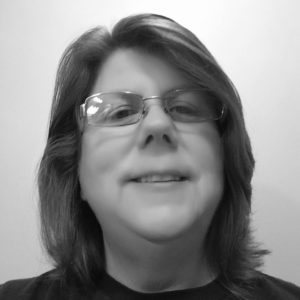Dr. George Goldsmith is the chairman and a co-founder of the UK life science startup COMPASS Pathways. Goldsmith and his wife Ekaterina Malievskaia (chief medical officer) partnered with Lars Christian Wilde (chief operating officer) to form COMPASS in 2016. COMPASS researches and expedites approval of psilocybin-based medical therapies through data sharing and close collaboration between scientists, clinicians, and therapists. As stated on the COMPASS site, they are, “dedicated to accelerating patient access to evidence-based innovation in mental health and wellbeing.”
Goldsmith earned a Bachelor of Arts in cognitive psychology from the University of Rochester in 1978. He went on to complete the Master of Arts/PhD program in clinical psychology at the University of Connecticut in 1985.
“I have spent my life working with teams of leaders seeking to do extraordinary things. The best of them fight the tendency to accept zero-sum strategies and declare victory. They understand that we can create environments where people suspend disbelief, build trust and chase unlikely combinations of new ideas and technologies.”
Professional Career
In his first entrepreneurial undertaking, Goldsmith combined his psychology education with computer science to form the Human Interface Group. The company was an early pioneer in collaborative software and was eventually acquired by Lotus Development. He worked for Lotus then moved on to create TomorrowLab in the late 1990s while becoming a senior advisor to leadership at McKinsey & Company. In 2002, Goldsmith founded Tapestry Networks. The firm worked with regulated sectors to improve government effectiveness and leadership performance. He currently serves as Tapestry’s non-executive chairman. He is also serving on the board of directors for the drug discovery company AnaBios.
A Personal Stake in Psilocybin
Goldsmith and his wife (a medical doctor) were drawn to studying psilocybin for treatment-resistant depression (TRD) because of a family medical crisis. Their son developed severe depression after starting college in New York. He tried all the standard antidepressant therapies and medications, but nothing worked. “The more they were treating him, the worse he was getting,” his mother recalled. She dropped everything and immersed herself in the science to understand TRD. Then, during one sleepless night, they started reading about psilocybin. “We found out that research on one compound in particular – psilocybin – had been carried out for nearly 50 years, with positive results in treating depression and anxiety. Psilocybin has been known to psychiatrists and neuroscientists for a very long time for this link to mental health.”
Despite the ray of hope presented by psilocybin, George and his wife found the situation frustrating and complicated. No pathway existed to do further testing on the drug and get it to patients. Therefore, he merged his entrepreneurial expertise with her medical knowledge and skills to form COMPASS along with Lars Christian Wilde. “We got to the point when the signals were too strong to ignore. The need was too great. So we decided to put our skills together to accelerate patient access to psilocybin,” Malievskaia said.
It isn’t just the stigma placed on psychedelics like psilocybin and the slow drug approval process that frustrates and drives Goldsmith and COMPASS. He also cites inconsistencies in the healthcare response to mental health care as a major factor. When asked to elaborate he said, “When you look at that, then the question is, what are the quality of tools that we have? We do have, I think, really good medications for some people. We have different kinds of treatments. But we still have a large problem here. I think innovation is needed. I think the last really significant innovation in mental health is the invention of the antidepressants, but that was almost 30 years ago.”
More information on Goldsmith is found in his LinkedIn profile and the COMPASS Pathways website.

